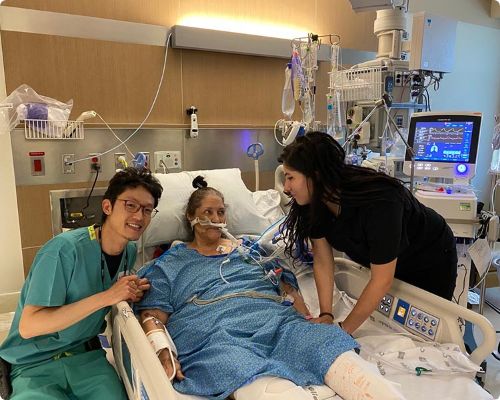Online Learning Modules

Our learning modules are dedicated to educating clinicians on the prevention and management of delirium in the ICU, as well as early mobility in the ICU, and they can be easily integrated into healthcare system training programs.
These streamlined, engaging education modules will help promote a more modernized culture for ICU teams and improve their knowledge of these concepts.
Patient perspectives, survivor testimonials, and the latest research will be made available to all ICU care team disciplines in module format.
Get on the waiting list!
Fill in the form below and we will let you know when these learning modules will be available.

